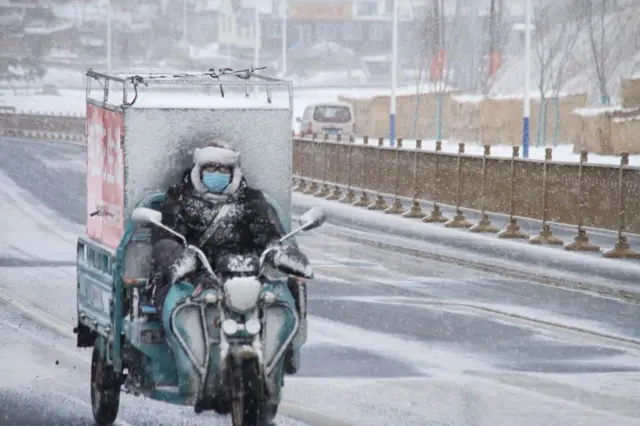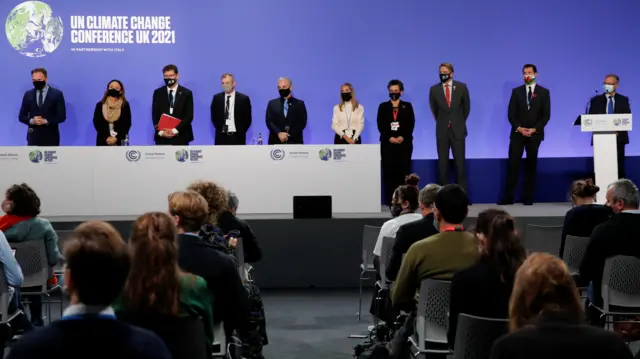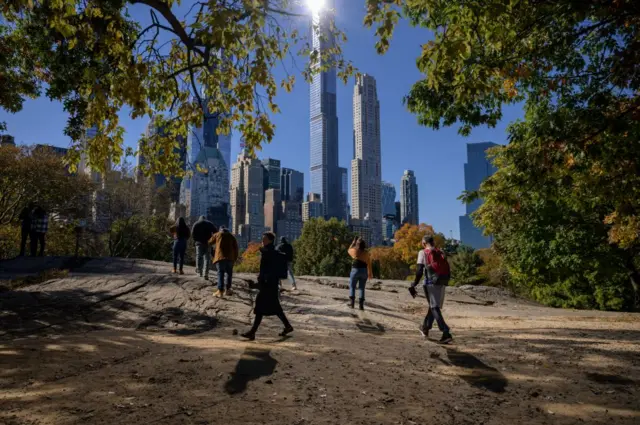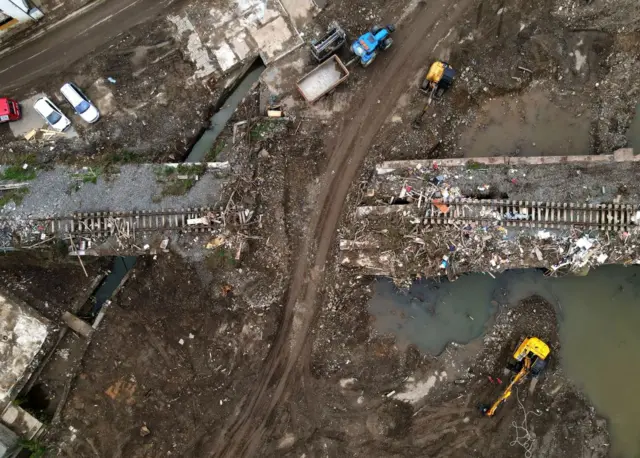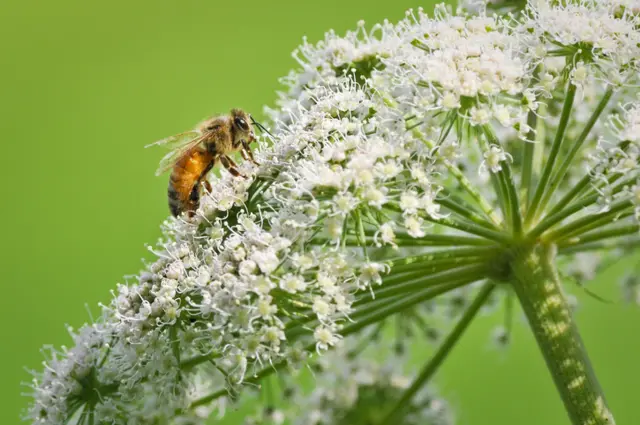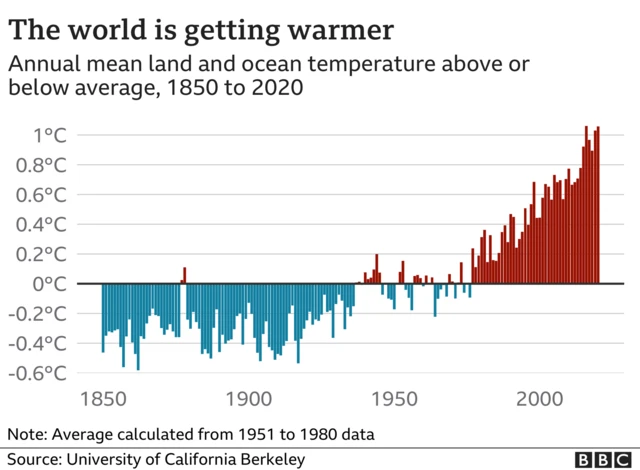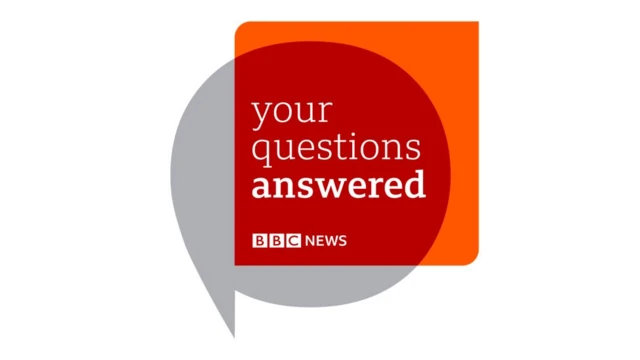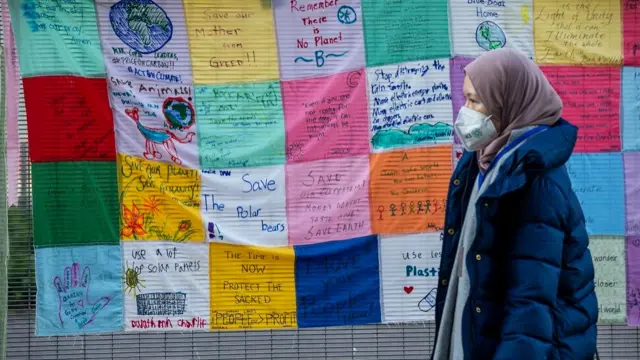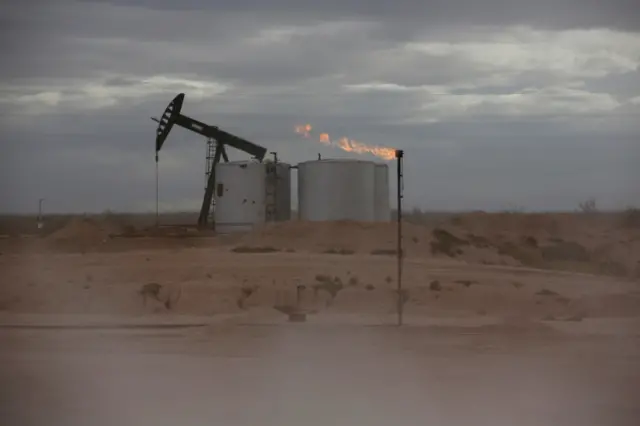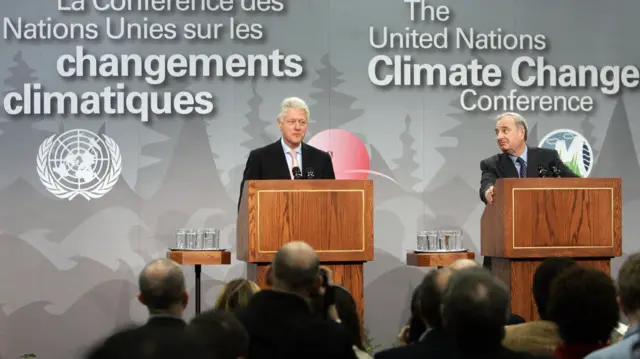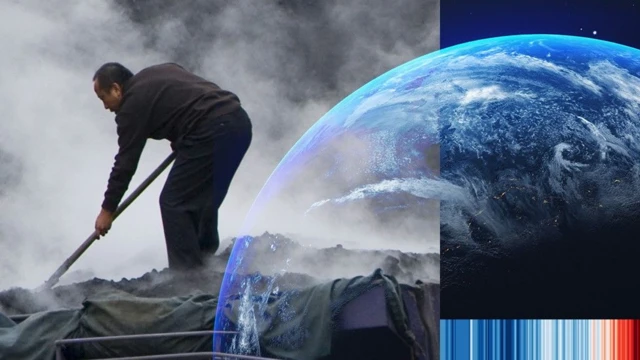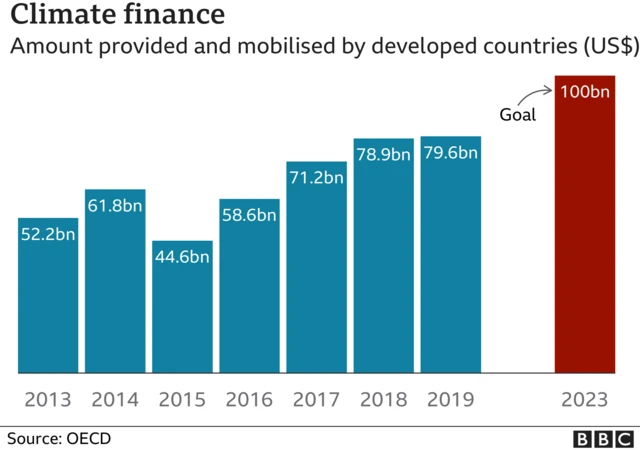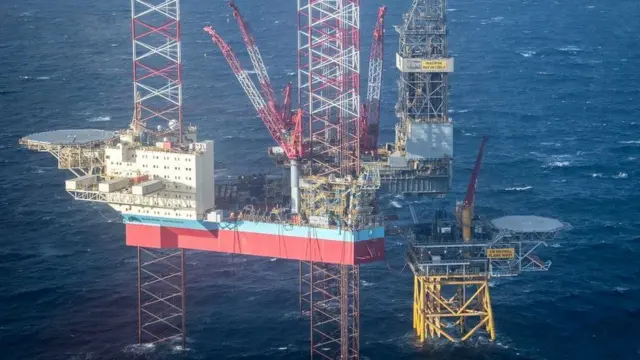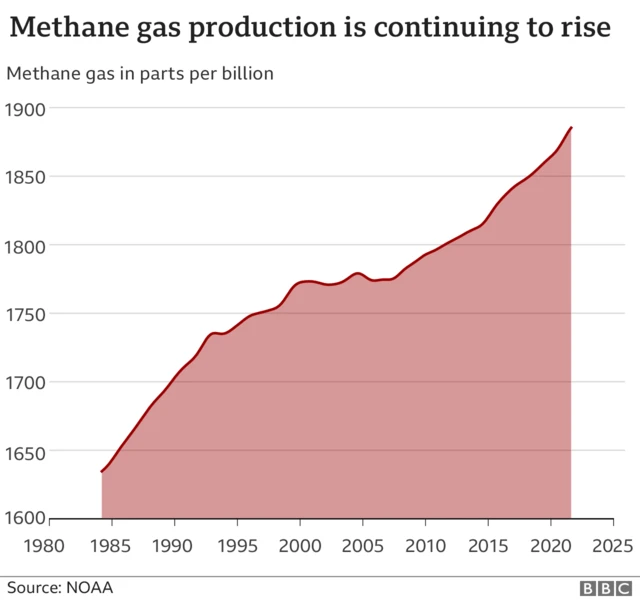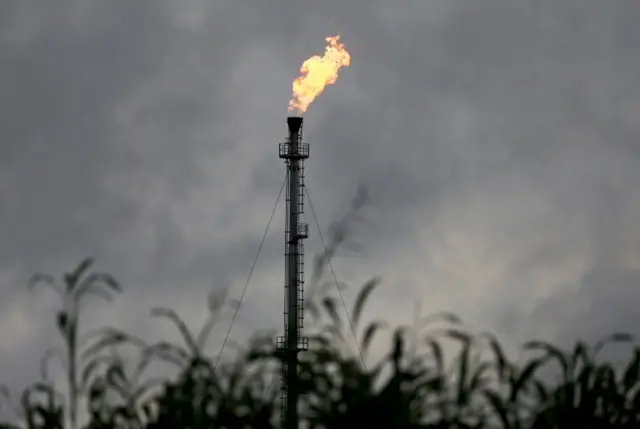Sharma: There's a change in countries' approach to loss and damagepublished at 15:31 GMT 11 November 2021
The next question comes from the New York Times. Can you tell us what the sticking points are on loss and damage?
On loss and damage - the issue of what reparations should be paid by richer countries to poorer countries for the damage caused by climate change - Sharma says "there is further work that is going on".
Archie Young, the UK's lead negotiator, adds: "Let's see how the cover decisions develop. But our draft was the first potential cover decisions that actually had its own section on loss and damage. It had been referenced in a couple before.
"But I think that really highlighted the political imperative we are putting on this issue."
Sharma adds that the the issue has been included shows the "movement" that has been seen in the loss and damage discussion.
"I think there has been a change in the way that all parties are approaching this which is something I very much welcome."
The New York Times also asks a second question: Has the US-China deal had any impact in the actual negotiations?
Sharma says he very much welcomed the agreement between the world's two biggest emitters. "I think that's good news," he says, adding that he hopes the spirit of co-operation will drive forward the talks in Glasgow.


